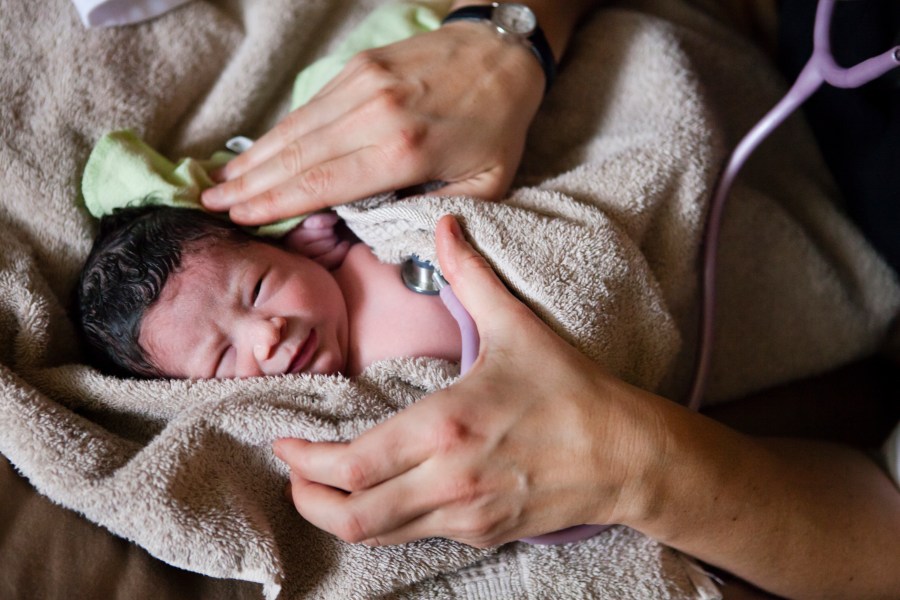HONOLULU (KHON2) — Native Hawaiian midwives will now be able to practice and train without fear of prison after Hawai‘i lawmakers and courts rolled back strict limits on midwifery.
The change comes after a lawsuit filed in 2024 by the Center for Reproductive Rights, the Native Hawaiian Legal Corporation and the law firm Perkins Coie.
The case challenged a law that made it a crime to give pregnancy or birth care without a state license.
That law, which went into full effect in July 2023, also blocked students from learning through apprenticeships and traditional pathways.
Protecting cultural practices
“Pregnant people should be able to give birth with whichever skilled provider they choose — whether that be at home with a midwife or in a hospital with a doctor. Repealing these laws is a significant step towards making that a reality in Hawai‘i,” said Rachana Desai Martin, chief U.S. program officer at the Center for Reproductive Rights.
The lawsuit led Hawai‘i lawmakers to repeal many of the restrictions in 2025. On Wednesday, Oct. 15, the state and plaintiffs reached an agreement that ensures Native Hawaiian birthing practitioners can continue their work without criminal penalties.
Students can now train locally instead of traveling to the United States continent.
Ki‘inaniokalani Kaho‘ohanohano served Maui families for two decades before the law forced her to stop.
“We finally have a way forward to protect and pass down our sacred practices,” Kaho‘ohanohano said. “I can continue to serve my community with the compassionate, culturally informed care they deserve.”
Building the next generation
The decision opens doors for students who want to learn midwifery in ways tied to culture and community. Before, they had to leave Hawai‘i and travel thousands of miles to programs on the continent.
Now, they can stay home and study through apprenticeship and traditional training.
“Going through apprenticeship training to become a midwife was life changing. And now, I can build a community of midwives by training more students in culturally affirming, community-based midwifery practices,” said Ezinne Dawson, a midwife on O‘ahu.
For Dawson and others, the shift means the next generation of midwives will be allowed to learn medical skills along with values rooted in Native Hawaiian knowledge.
And apprenticeship programs allow midwives to pass down wisdom, strengthen cultural identity and keep care close to home for families across the islands.
“Native Hawaiian traditional and customary practices are safeguarded by the Hawaiʻi state constitution,” explained Kirsha Durante, litigation director at NHLC. “The litigation and legislative outcomes achieved affirm the protection of cultural birthing practices and ensures that Native Hawaiian birthing practitioners can continue serving their communities — free from the threat of criminalization.”
By tying practice to the state constitution, advocates said the ruling strengthens protections for the future and ensures midwifery students will not only gain practical training but also inherit traditions that have guided families in Hawai‘i for generations.
Maternal health crisis
For pregnant people in Hawai‘i, they face a shortage of maternal health care providers in our communities. They also deal with inequitable treatment in our health care system along with preventable deaths and illnesses during pregnancy, birth, and postpartum.
“Native Hawaiian and other Pacific Islander people are 4.5 times more likely to die from pregnancy-related causes than white people, and have the highest rates of mortality overall,” the CRR said.
Hence, many families in rural areas must drive hours or travel between islands for hospital care. Advocates said that access to midwives makes it easier for pregnant people to give birth closer to home with trusted providers.
